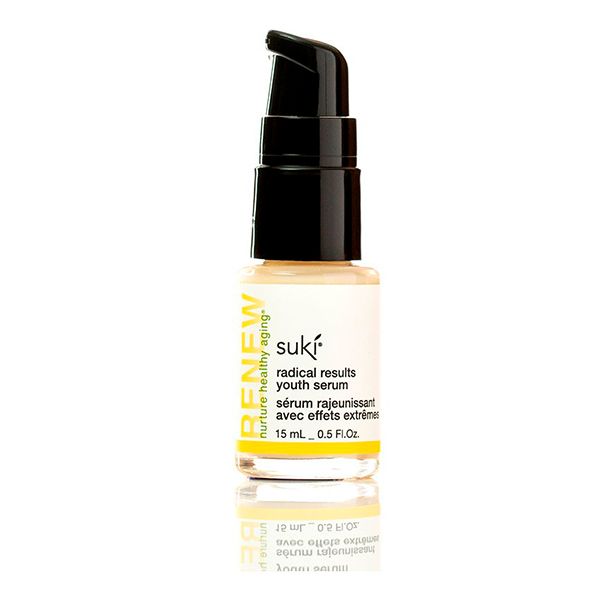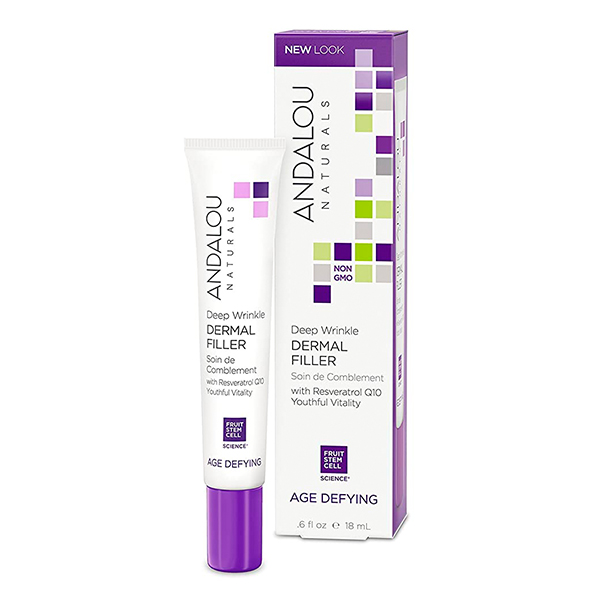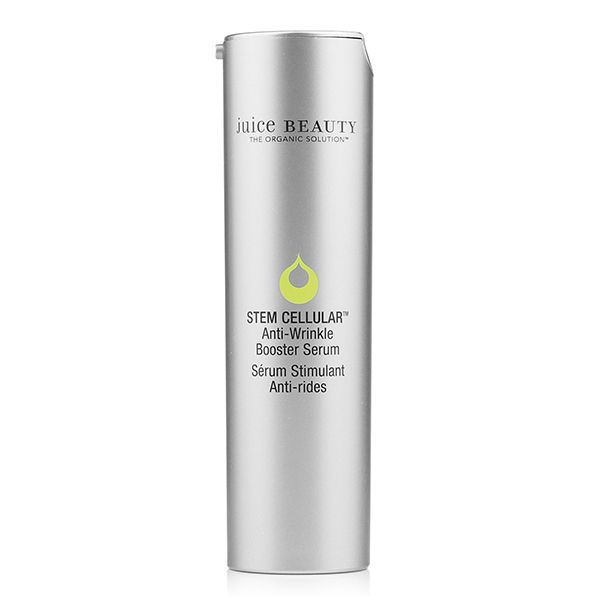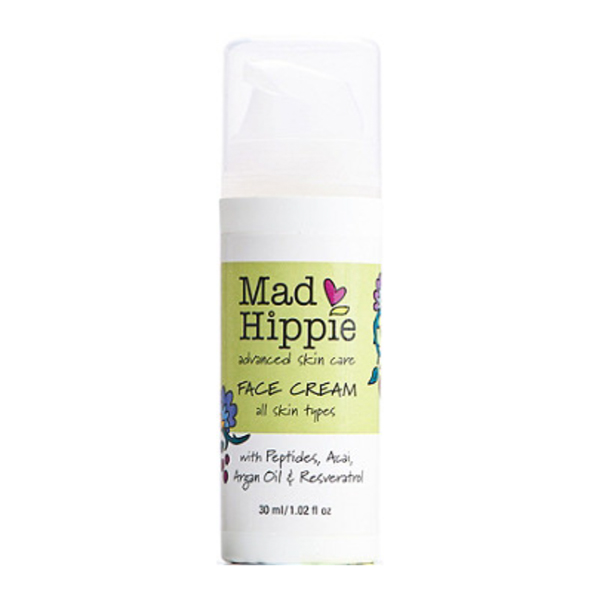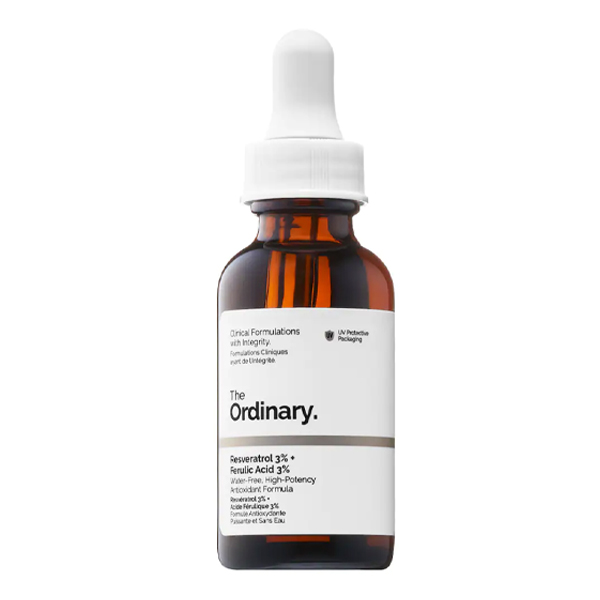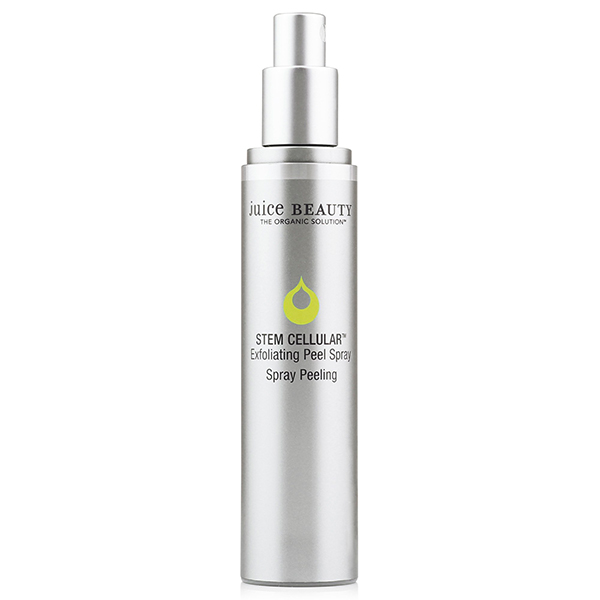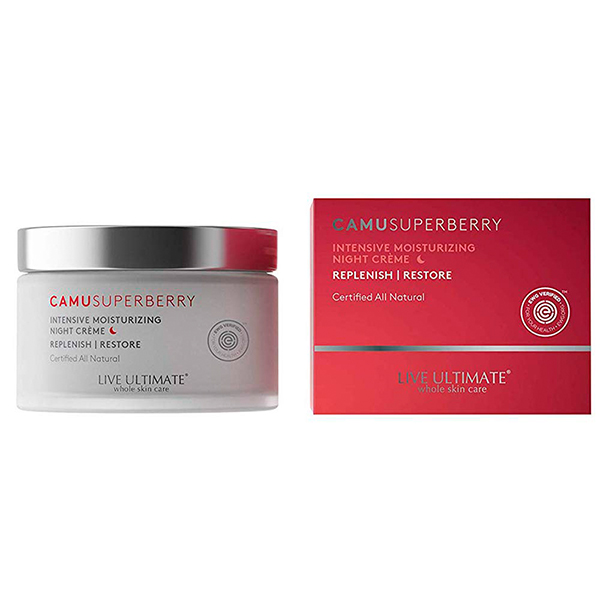What’s the deal with…Resveratrol?
Ariana DiValentino
You’ve probably heard of resveratrol, that chemical in wine that’s supposedly good for heart health, cancer prevention, along with boasting a whole host of other benefits. It seems to make a resurgence every few years, and lately has been popping up in skin care products. We can’t resist believing the hype that red wine could actually be…healthy?
But let’s back up for a second. Resveratrol is a polyphenol compound that occurs naturally in lots of plants, most famously the skin of fruit like raspberries, blueberries, and grapes—hence, wine. It’s an antioxidant, which is probably why we keep returning to it as a potential remedy for various ailments.
How Resveratrol Works
“In skin, [resveratrol] is suggested to act as a free radical quencher that helps prevent UV-induced DNA damage responsible for photoaging and has been proven to help tackle hyperpigmentation,” explains skincare chemists Victoria Fu and Gloria Lu, the team behind the popular IG @chemist.confessions.
Most of the purported benefits of resveratrol, like disease prevention and heart health, are considered interesting but as of yet unproven by the scientific community. And doctors really want to be clear that no one should start guzzling wine “for their health.”
But as a topical skin care treatment, it looks a little better. Much of the research is preliminary, but studies have found evidence that resveratrol does indeed help fend off sun damage, your skin’s number one enemy. (Of course, that doesn’t mean you can go without sunscreen!)

Beware Buzzy Branding
So resveratrol is looking pretty good—but there are some caveats. First of all, Fu and Lu tell us that while it looks promising, there’s still far more evidence supporting the use of vitamin C (ascorbic acid), also an antioxidant, as a free radical-fighting skin treatment. There are lots of vitamin C serums and moisturizers on the market, and for most people, those are better bets for daily anti-aging skin care.
Furthermore, many resveratrol skin products only contain miniscule amounts of the actual chemical—not enough to be effective. In many cases, it functions more as a marketing buzzword than an actual therapeutic.
Some people find vitamin C products highly irritating to their skin, causing redness and a burning sensation. If that’s you, resveratrol is a great alternative. It’s considered non-toxic, and few side effects have been reported, which is particularly good news for those with sensitive skin. While there’s no way to predict how every individual’s skin will react to any given chemical, all the evidence suggests that resveratrol is pretty low-risk. So, experiment away.
What to Look for in Resveratrol Products
When shopping around, look for products that are transparent about the resveratrol concentration. It doesn’t need to be very high—The Ordinary’s resveratrol serum is 3% concentration, for example. But clear labeling is useful to ensure you’re actually giving your skin an effective dose, not just a trace amount. None of us want to drop cash on a product that doesn’t live up to its promises. When possible, your best bet is to look for products that have performed well in clinical trials.
So, what’s the verdict on resveratrol? If you’re looking to add an antioxidant product to your skin care routine, resveratrol is a valid option—especially for those seeking alternatives to vitamin C products. Just don’t expect a glass of Merlot to do the job.




